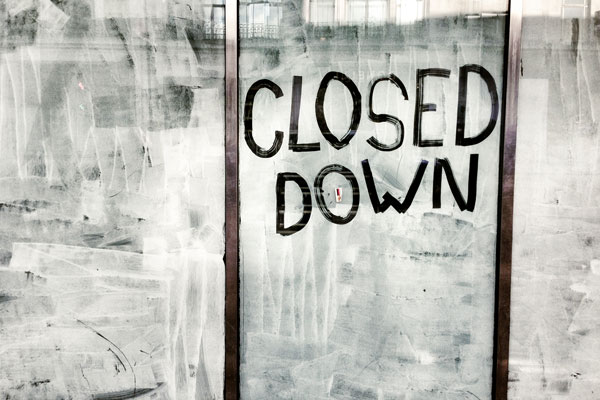WATCH LIVE using the embedded player, above, or on our YouTube channel
10 Years After the Crash is an events series bringing together a global network of partner organisations to reflect, a decade on from the financial crisis, on three key questions: what lessons have we learned from the crash; have we taken the necessary steps to reform our economic systems in response; and how can we develop a wider understanding of what is needed to deliver a fairer, more resilient and sustainable economy?
A decade after the global financial crisis, deep scars remain. Despite recent data signalling a closing of the income inequality gap between the highest and lowest earners, this has been accompanied by mounting economic insecurity, wage stagnation and – particularly since Brexit – rising inflation. The shock of the financial crisis might have been weathered by buoyant employment, particularly at the low end of the labour market, but this too has been accompanied by rising in-work poverty. Now, 60% of households in poverty are in work. Up from 50% in 2012.
Recent political shocks have forced leaders to wake up to the fact that a fairer distribution of the benefits of economic growth is now imperative. When citizens are left without a sense of a stake in national prosperity, or with the feeling that the opportunity for social mobility is no longer realistically within their grasp, they soon question the legitimacy of those at the political wheel.
There is now an emerging consensus that untrammelled free markets are failing to deliver the trickledown effect that was once so confidently assured. From the world’s most powerful economic institutions to national governments, there is a growing awareness that a fundamental shift in approach is required if capitalism and liberal democracy are to continue to advance hand-in-hand.
Is ‘inclusive growth’ a utopian oxymoron, or the means to fairer, more sustainable economies? How can it be achieved locally and nationally? What are the implications for global capitalism and the process of globalisation? What are the economic choices and trade-offs we might need to face if we are to respond to the ‘politics of the left behind’?



Be the first to write a comment
Comments
Please login to post a comment or reply
Don't have an account? Click here to register.